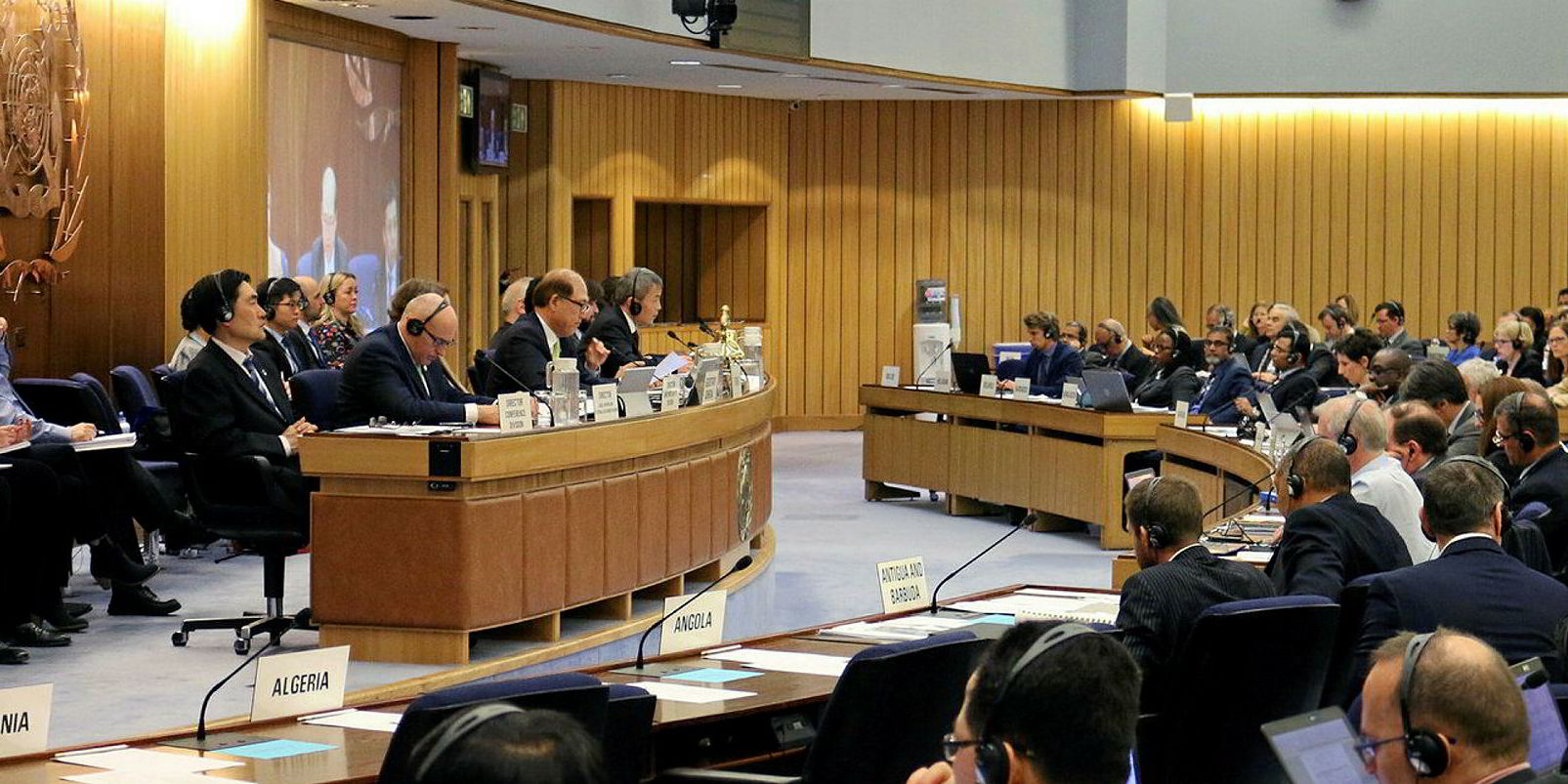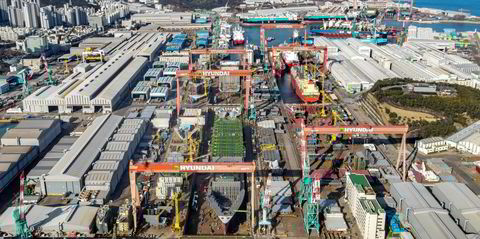The International Chamber of Shipping (ICS) says both oil- and gas-fueled ships will not be able to meet one of the major environmental mandates coming to the shipping industry, the need to reduce carbon dioxide emissions.
On top of ballast water and sulphur emissions limits, the International Maritime Organisation set a goal for the shipping industry to cut its total carbon dioxide output by half by 2050.
ICS Deputy Secretary General Simon Bennett says this target can only be met with "zero carbon dioxide fuels.” The trouble is, of course, no such fuels exist.
“To be clear, zero carbon dioxide fuels means radical and as yet unproven technologies such as hydrogen fuel cells using ammonia or methanol or batteries powered using renewable energy," Bennett said.
"While LNG or biofuels will play an important part in the transition we only really see these as interim solutions that won’t deliver the ambitious targets which IMO has now set for 2050."
While the ICS has warned about "chaos and confusion" about the 2020 mandate to lower sulphur emissions, it sounded a more hopeful tone on meeting 2050 carbon dioxide mandate.
“While we are confident new zero CO2 technologies will eventually deliver they are not yet fully ready for maritime application, and certainly not yet for deep sea trades,” the ICS said.
But ICS stressed that some compromises might be required to meet the mandate. Hydrogen propulsion may initially require that the hydrogen initiallybe derived from fossil fuel feedstock until renewable sources are developed.
The ICS also supports the Energy Efficiency Design Index (EEDI) for new ships which requires a 30% efficiency improvement for ships built in 2025 compared to 2013.
The next round of IMO discussions will take place in October 2018 to consider candidate measures for carbon dioxide reduction.





